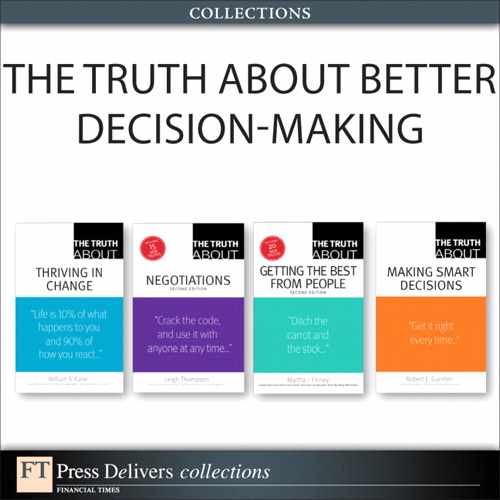Truth 18. Better questions lead to better answers
One of the joys of taking on a new managerial role is the expectation that finally you’ll be able to engage your time in excellent thinking about the business. This is your chance to leave the actual heavy lifting of doing the job itself to that star performer in line behind you. And this, to a very large extent, would be true. After all, if you’re still doing the work you did, you are being way overpaid—and you haven’t opened up that opportunity for professional development for the rest of your team eager to fill the hole you left when you took the promotion. In which case, you’re doing your own job wrong.
To do your job right, you must dedicate much of your time equipping your team to live without you. Your role is to teach them how to take on the job you did yesterday. And do it even better than you did. So your people are going to be coming to you with lots of questions. And it will be your responsibility to lead them to even better answers that you fondly embraced when you had the job.
Here’s the wrinkle: If you rely on what you knew yesterday to help your team take your place tomorrow, you’re already giving them old information. Leadership is not about delivering your best thinking packaged as answers from the past. Business realities are transforming so quickly that the best way to prepare your team to replace you is to teach your people to ask the absolute best questions they can.
To do your job right, you must dedicate much of your time equipping your team to live without you.
That’s change leadership, which elevates your role in the company far above change management (which all your competitors are focusing on; too bad for them). This is going to take some nerve on your part.
Jeff Nally, organization developer–executive coaching for Humana, Inc., offers these keys to breakthrough change leadership:
• Slow down by asking powerful exploratory questions. Your team may not yet be practiced in discerning between really important pressing issues and merely interesting pressing issues. The emotional heat around some urgent concern might not be a true indicator of its long-term value to the company. Help your team pick out the high-value issues that must be resolved for the strategic benefits of your organization’s objectives. And teach them to leave the other distracting inconsequentials unattended to, no matter how noisy they might be.
Instead of immediately diving into the presenting problem, ask your people, “How clear is your thinking about this issue right now?” “On a scale of one to ten, how big a priority is this for you right now? What would make it a ten for you?” “Cast yourself into the future, 3 weeks from now. Do you expect this to be as important then as it feels to you now?” “What new ideas have you already had that you would do well to acknowledge before you figure out what other solutions there might be to this immediate problem?”
• Make sure that their assumptions are up-to-date, not stuck in yesterday. What old assumptions, experiences, facts, or feelings are they carrying forward to the current day that no longer exist or might be holding them back in some way? What is the negative dominant logic that they can set aside or get rid of entirely so that they can have fresh thinking about the problems before them today?
Is their approach relative to their own changing roles in the organization up to date? Assuming your team members’ roles have changed somewhat over time, maybe it’s just not their job anymore to be concerned about the presenting issue. Or maybe their skills and newly elevated perspectives have given them new mastery over an issue’s extenuating conditions. And now they can attack it from above, rather than from below.
• Help all your employees (not just your leaders) refresh their thinking about who they are, what direction their career is going in, and what will fulfill them. The question “What do you really want?” might result in a sardonic laugh and this immediate response: “To hold on to my job.” Granted, depending on what’s going on in your company and market at the time, that might be the best instant response. But as soon as you can get people to look up from the initial problem, be their coach to improve their own thinking about their crucial decisions about career and life. This could be your most valuable tool for engaging people and retaining your essential talent for the long run.
Don’t just manage change. Lead it. And you’ll probably find that your own career blossoms as old questions make way for exciting answers to new ones.
